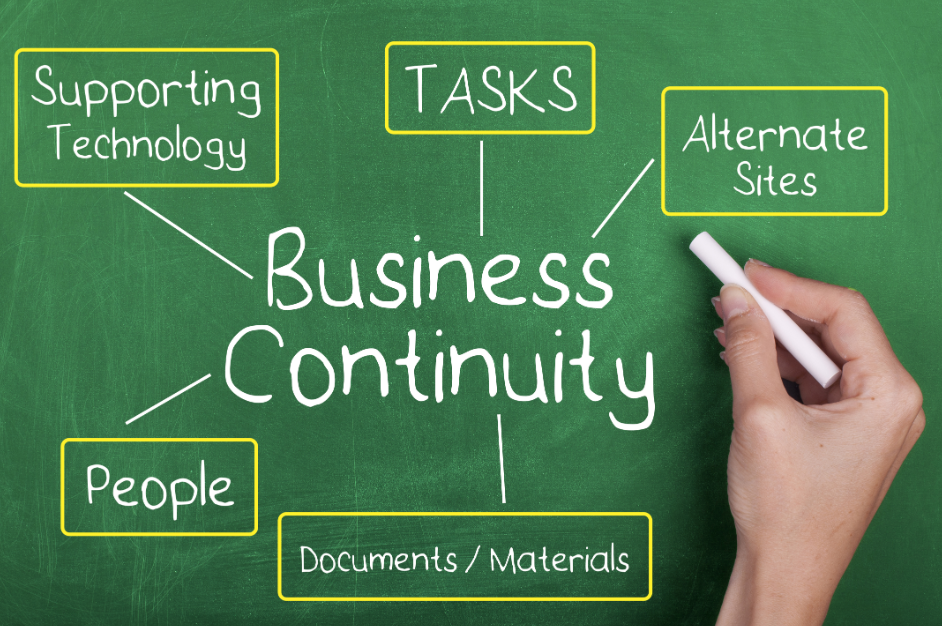Blogs
The Importance of Business Continuity
- February 28, 2020
- Owen Hughes
With any business, it is important that there are systems and processes in place to ensure the long-term sustainability of the business and provide a platform to continuously move forward. Key to this approach is Business Continuity, a term that is widely used but what does it really mean to a business?

What is Business continuity?
Business continuity is the plan that can be implemented by a business to ensure that it can continue to operate with minimal disruption in the event of a serious incident. Such incidents could be a disgruntled ex-employee, a technical incident such as a virus or being hacked, or a natural disaster such as flood, fire or earthquake, or. In any of these situations the business could suffer a partial or complete loss of data, without which they would not be able to operate.
A Business Continuity plan should take into account the business priorities, what data and systems are critical and which ones do not need to be operating for the business to run. This will of course include customer details but must also consider the user groups and those who will be most affected by any disruption and ensure the impact is kept to a minimum.
The plan will also need to consider the impact on all systems up and down stream and ensure that it provides all user groups with the confidence that the recovered data would be correct.

But why is Business Continuity important?
In the modern business world, the most important asset any company owns is not its people or its equipment, furniture, or even buildings, it is the data that operates a company. Just imagine if you didn’t have any details of your customers, who they are, where they live, what products they have purchased or how to get in touch with them, it would be like flying a plane blind without any radar or auto-pilot. Worse still imagine if there was no way of recovering the lost data; you would be forced to start from scratch and wait till a customer contacted you.
The simple answer is any Salesforce customer can easily schedule data backups from Salesforce, this is a standard Salesforce feature. There are also free tools like Dataloader and Workbench which will also allow customers to recover data. However, it is not as simple a process as that.
Depending on how a customer’s Salesforce system has been configured when new data is inserted or updated unwanted actions may occur, such as the customer may be sent a welcome email. If you are in the process of recovering data and the customer has been a customer for quite some time it wouldn’t be good to send a welcome email, causing confusion and might upset some customers. To prevent this type of occurrence, a comprehensive review of all business and technical processes is essential to understand what would happen once data is recovered and identify what new processes need to be adopted to prevent unwanted actions like these.
We recommend that data should be divided into the following categories:
- persistent and non-persistent data
- static and dynamic data sets
- counts of references to the data from other objects
- a category scale of user accessibility to the data.
By performing this detailed analysis and categorisation of the data you will be able to understand the priority importance of recovering different data sets in a more efficient way, helping to protect your business from disruption if there was a major incident.
To discuss your business continuity and how Metacube can help contact Steve Fouracre.